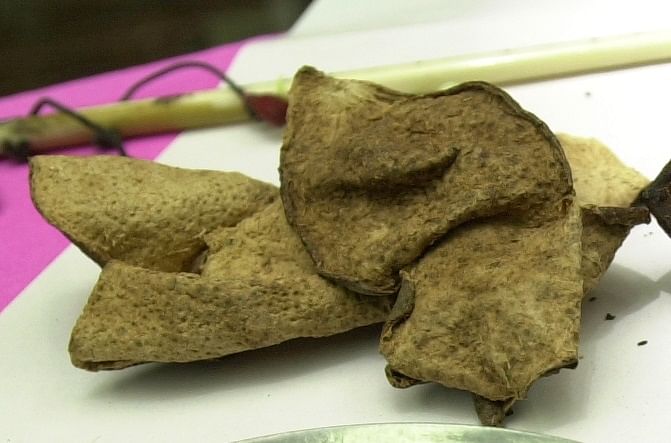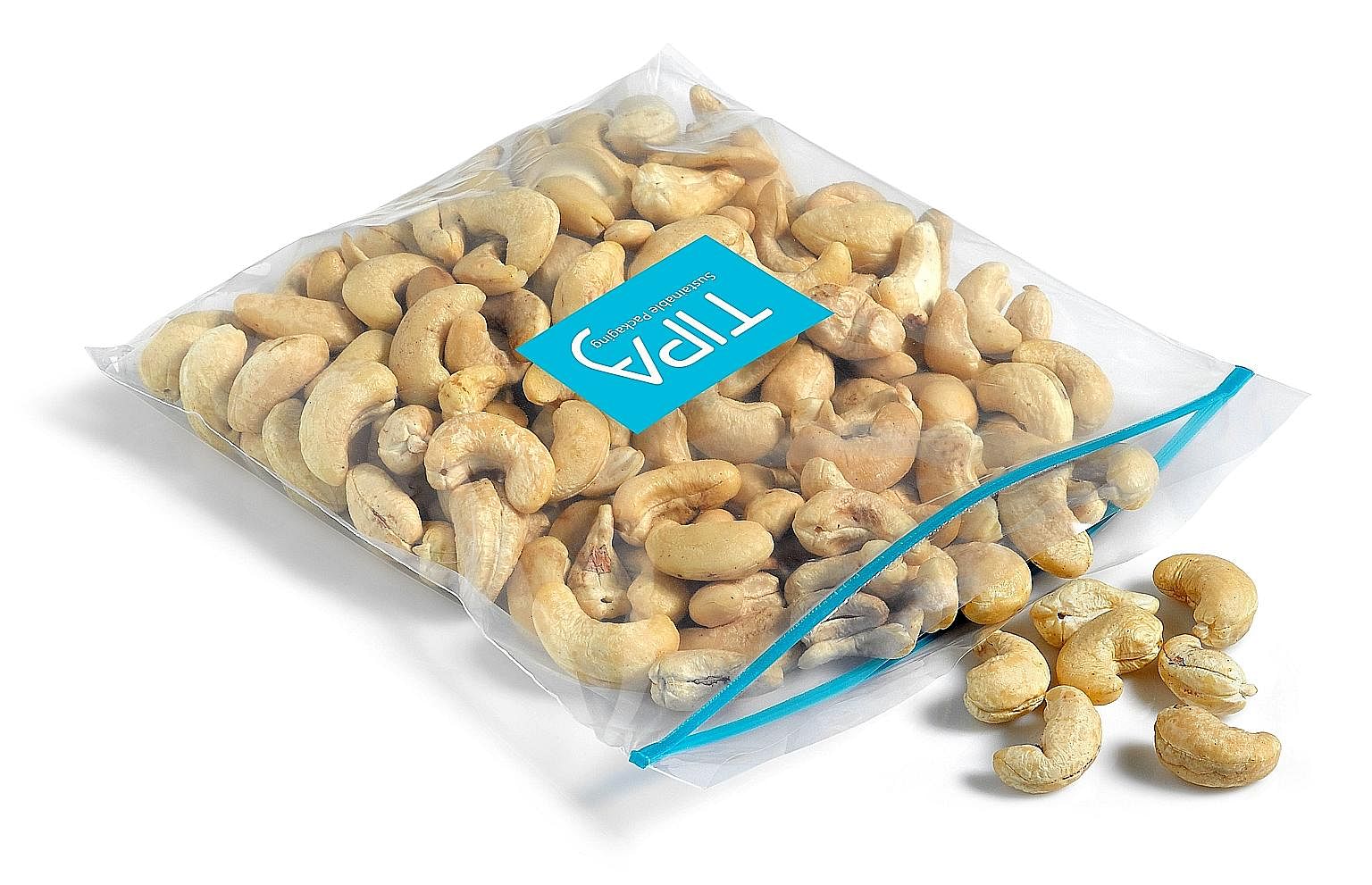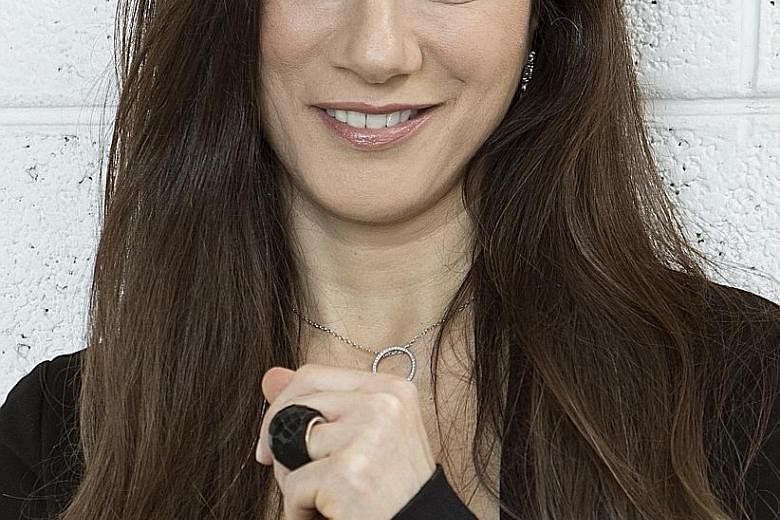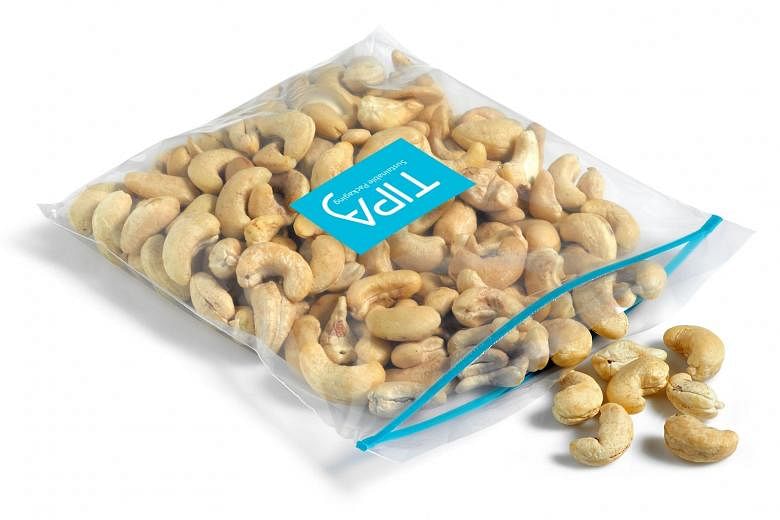ISRAEL • Things like chocolate and cars may fleetingly boost our well-being, but they ultimately bear a heavy price, whether to our thighs or to the planet.
One of the most irreconcilable is plastic. It is a bitter irony that plastic lives up to its hype: it really does isolate your sandwich from the environment, and it lasts forever.
We may discard bottles in recycling bins, but the fact is that most plastic is not even recyclable. Among the worst offenders is the plastic film that wraps everything from organic granola to socks.
No practical technology exists to recycle plastic film. If we toss it out with bottles, the recycling plants shrug, weed out the bottles by machine and throw the rest into landfills, Ms Merav Koren explained.
She is marketing director for TIPA, an Israel-based company that aims to change all this by making 100 per cent compostable packaging film.
"TIPA films look like plastic and behave like plastic, but end life like an orange peel," said Ms Koren.

Every aspect of it, from the packaging's film to its adhesive, is 100 per cent compostable.
Part of aspiring to save the planet means manufacturing locally. TIPA film is deliberately made using the same machinery used to manufacture conventional plastic, using fossil fuels as a source - as well as plant materials, said founder and CEO Daphna Nissenbaum.
The crux is that mass-manufacturing machines can be tweaked to make TIPA film.
"This model enables us to manufacture where target markets grow, for instance, Germany and Italy," Ms Nissenbaum added.
As its technology catches on and grows more affordable, the firm can ramp up quickly to global levels.
Unlike conventional plastic, this wrapping will not stay around forever. Under the right composting conditions, TIPA packaging disintegrates into water, carbon dioxide and organic matter that bacteria degrade, leaving nothing behind.
The packaging bears a stamp letting consumers know they can throw away the organic film.
Compost is made by putting organic waste into a bin or a hole in the ground.
Leave it there, occasionally moistening and turning it over with something like a pitchfork.
Under optimal conditions, in about 180 days, you have compost, which then serves as soil nutrient.

That said, most modern urban households lack gardens, let alone composters. Very few homemakers separate organic waste.
Regulation, notably in Europe and China, is advancing towards separation of all organic waste. However, if TIPA film is tossed out with the regular rubbish, it will still degrade in a dump.
Like orange peel, it will ultimately disappear .
TIPA began developing compostable film in 2012, achieved certification, as all packaging for food requires, and in 2016 began selling to manufacturers and converters, chiefly in Europe.
Sales grew fourfold last year from the previous year and the company now has 30 staff members.
Its price depends on the type of film ordered (the thinner, the cheaper) and other parameters.
The more the technology gains traction, the more affordable it should become, Ms Koren predicts. Under appropriate conditions, TIPA films take up to six months to turn into compost.
If left on a shelf, the TIPA wrapping starts to degrade after about a year.Gradually it falls apart.
Crucially, at no point does TIPA film produce microbeads, which pollute the earth and oceans. As they degrade, TIPA films aren't
gorgeous, but they vanish as a packaging forever.




